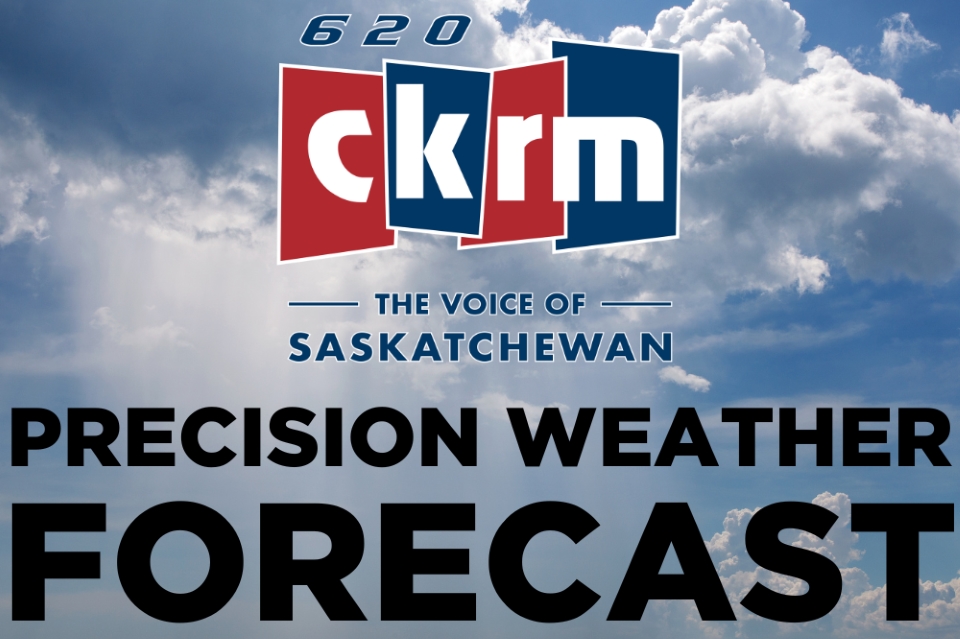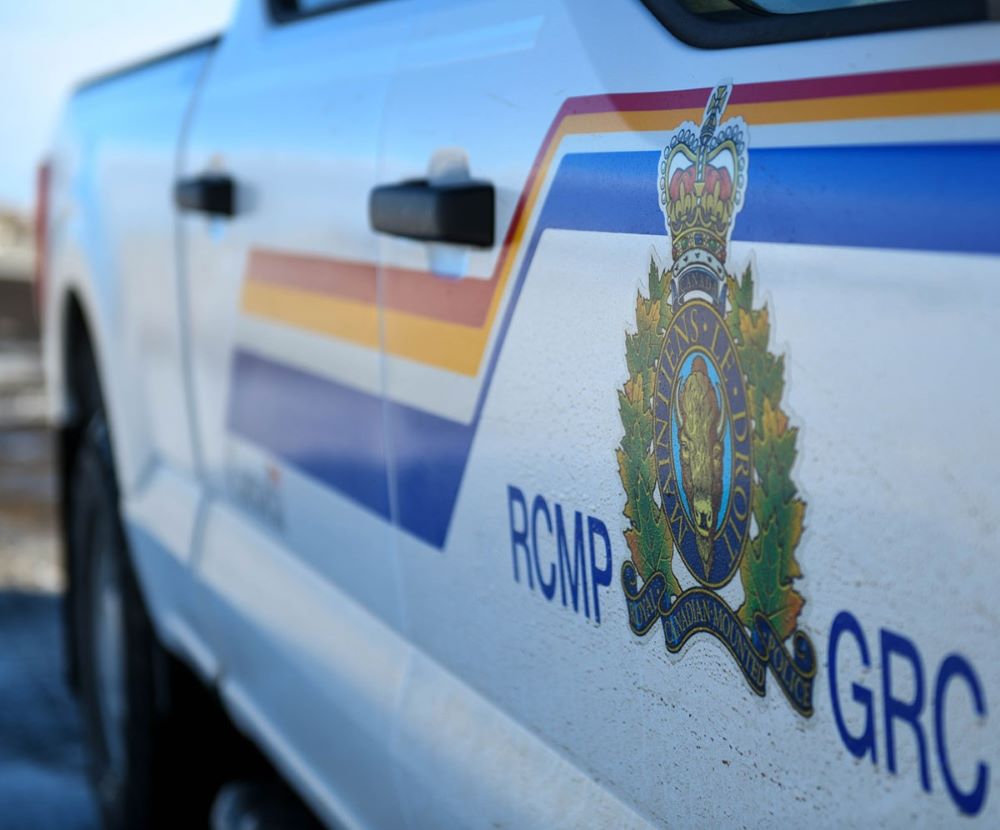The Government of Saskatchewan is looking to provide “Growth That Works for Everyone” after unveiling its 2023-24 provincial budget.
The province is set to see a surplus of $1 billion with revenue of $19.7 billion due to $9.6 billion in taxation revenue, a $1.5 billion increase with Corporate Income, Personal Income and Provincial Sales Tax revenue leading the way and non-renewable resource revenue is forecast to be $3.3 billion, up $435 million over last year’s budget, largely driven by solid potash and oil price expectations.
With the surplus, the government will be paying down its operating debt by $1 billion, reducing interest costs by $44.0 million annually while also investing $18.7 billion as the province looks to ensure that growth continues, with key investments in health, education, and social services and assistance.
| 2022/23 | 2023/24 | Change | |
| Revenue | $17.2 Billion | $19.7 Billion | +14.5% |
| Expenses | $17.6 Billion | $18.7 Billion | +5.9% |
| Surplus | -$463 million | $1 Billion | +347% |
The Government will be investing over $1 billion more than last year, with the majority of that going towards healthcare, education, social services and assistance, and agriculture, all receiving investments of over one billion.
| 2021-22 | 2022-23 | Change | |
| Health | $6.823 billion | $7.056 billion | +3.4% |
| Education | $3.800 billion | $4.035 billion | +6.1% |
| Social Services and Assistance | $1.623 billion | $1.665 billion | +2.5% |
| Agriculture | $1.040 million | $1.449 billion | +39.3% |
| Protection of Person & Property | $936.2 million | $968.5 million | +3.4% |
| Transportation | $610.3 million | $644.6 million | +5.6% |
Healthcare makes up close to 38 per cent of the 2023-2024 budget expenses, a slight decrease from last year.
The budget includes $55.5 million as part of a $98.8 million investment from the Government for the Health Human Resources Action Plan (HHR) to recruit, train, incentivize and retain provincial health care workers and physicians.
$22.0 million is allocated for 250 new full-time positions and expanding part-time positions in rural and remote areas around the province, with a further $11.9 million to support the recruitment of internationally educated health care workers, and over $5.8 million will be directed to the College of Medicine for new academic and research positions, new specialty residency seats and new family medicine seats, among other key HHR investments.
A $42.5 million funding increase to the surgical wait time strategy in this budget is estimated to provide for an additional 6,000 surgeries, to 103,000 in total, to reduce the waitlist to pre-pandemic levels by March 2024.
A $39.0 million increase in this budget supports the health and care of seniors, including $17.6 million to procure additional long-term care beds in Regina and $9.3 million to support third-party long-term care providers. Also included in increased support for seniors is $5.5 million to hire 75 continuing care assistants (CCAs). A further $6.3 million will support seniors, including increases in home care services and the expansion of geriatric services.
There is a $19.8 million increase in this budget for 64 permanent acute care beds, 36 at Royal University Hospital in Saskatoon and 28 at Pasqua Hospital in Regina.
The 2023-24 Budget includes $8.8 million to enhance Emergency Medical Services (EMS) in rural and remote areas, with additional funding supporting contracted EMS operators and EMS system and radio upgrades.
This budget invests $518.0 million into mental health and addiction programs and services. The increase will fund initiatives that provide effective counselling and treatments and introduce further proactive prevention measures.
The new funding will support the second phase of a 150 additional addictions treatment spaces commitment and provide funding for 50 newly established treatment spaces.
Education makes up around 22 per cent of the provincial budget with a total of just over 4.0 billion towards education, up $235.3 million, or 6.2 per cent, from the last year.
The Ministry of Education will invest $3.1 billion to support Pre-kindergarten to Grade 12 schools, early learning and child care and libraries in a growing province.
Saskatchewan’s 27 school divisions will receive $2.0 billion in school operating funding for the 2023-24 school year, with the province continuing to provide $7.0 million to school divisions to maintain more than 200 additional full-time educational assistants hired since September 2021.
There is $23.0 million in the budget to support the start-up and operation of the new Saskatchewan Distance Learning Corporation (Sask DLC) for the 2023-24 school year. The new corporation will provide students with a consistent user experience and flexible learning opportunities no matter where they live.
The province will also be investing, in partnership with the federal government, $382.4 million for early learning and child care, an increase of $72.1 million to support young families in our province. This funding will reduce childcare fees for families of children up to the age of six to an average of $10 per day as of April 1, 2023.
In post-secondary education the Government is investing $764.8 million in the post-secondary education sector.
That includes $25.2 million in new funding as part of the multi-ministry HHR Action Plan, with Advanced Education, focused on expanding training programs for key health professionals.
Beginning in the fall of 2023, more than 550 seats will be added across 18 health training programs to help address critical market needs.
In addition, $10.0 million will support the continuation of a 150-seat expansion in nursing programs, and $2.4 million will be used to help train internationally educated health care providers.
The budget includes $47.0 million for student supports to grow the utilization of the Student Aid Fund and the Saskatchewan Advantage Scholarship. Students will also see an investment of $34.5 million in the Student Aid Fund, which provides repayable and nonrepayable assistance to more than 20,000 students.
Social Services and Assistance saw a $1.7 billion investment, up $41.2 million or 2.5 per cent .
The budget includes a record $1.4 billion for the Ministry of Social Services, an increase of $46.7 million over last year’s budget, helping vulnerable people and families as they build a better quality of life.
This budget includes an additional $26.6 million in benefits to support people with low incomes, families, and seniors.
For the second year in a row, Saskatchewan Income Support (SIS) clients will receive higher monthly benefits. The budget includes $14.3 million to increase the Adult Basic Benefit, the Shelter Benefit, and the Alternative Heating Benefit by $30 each per month to help people meet their basic needs as they work to become more self-sufficient and independent
Saskatchewan Assured Income for Disability (SAID) clients will receive $30 more per month in living income benefits, representing an additional $6.4 million in SAID benefit payments.
An additional $3.0 million fulfills Government’s three-year commitment to increase the maximum Senior Income Plan (SIP) benefit. The maximum monthly benefit will rise by $30 per month to a maximum of $360.
Government-wide funding for people with disabilities is projected to be $717.8 million in the 2023-24 Budget, an increase of $38.8 million from last year’s budget.
The 2023-24 Budget includes a $17.1 million increase to the $299.0 million SAID program, covering increases to basic benefits, approved private service homes, personal care homes and to meet anticipated program utilization.
In this budget, there is $7.7 million to continue to support two Indigenous-led pilot projects that provide supportive housing and wrap-around services for people experiencing homelessness in Saskatoon and Regina, and to provide continued funding for permanent shelter spaces and after-hours services developed with community partners.
An additional $656,000 is being invested to provide lower-barrier income assistance outreach services to high-needs clients on a trial basis. This investment allows the Ministry to support high-needs clients on their path to stability at facilities operated by CBOs.
In 2023-24, the Ministry of Social Services will provide over $400.0 million in funding to CBOs.
Protection of Persons and Property saw a 10.8% increase due primarily to the consolidation of provincial enforcement services from the environment and transportation themes under the new provincial protective services branch within the Ministry of Corrections, Policing and Public Safety. There are also increases for the Royal Canadia Mounted Police and other areas across the justice system, including inflationary adjustments, gang violence reduction, court support services, and judges’ salaries.
The 2023-24 Budget includes $968.5 million for the protection of persons and property, an increase of $32.4 million or 3.5 per cent from last year.
A three year commitment of $876,000 will support survivors of interpersonal violence with the expansion of counseling services for clients living in second stage housing. Collectively, Integrated Justice Services and the Ministry of Corrections, Policing andvPublic Safety provide over $27.5 million in supports and services for survivors of interpersonal violence.
The 2023-24 Budget invests in police and law enforcement initiatives including $7.0 million to establish the new Saskatchewan Marshals Service (SMS) to increase policing capacity within the province with a focus on rural and remote areas. When fully operational by mid-to-late 2026, the SMS will have approximately 70 officers, providing an additional law enforcement presence across
Saskatchewan, supporting RCMP and municipal police operations where appropriate.
This budget also includes $3.2 million to expand the Warrant Enforcement and Suppression Team (WEST) and the Crime Reduction Team (CRT).
This budget also includes $147,000 to enhance the Internet Child Exploitation (ICE) unit.
This budget includes $7.4 million to administer the Firearms Act, which includes licensing, storage, transportation and carrying of firearms.
The SPSA has a budget of $91.8 million for 2023-24, to help protect the people of the province and create safe, strong communities.
–Correction – a previous version of this story had information from last year’s budget. The information has been corrected, and we apologize for the error–








